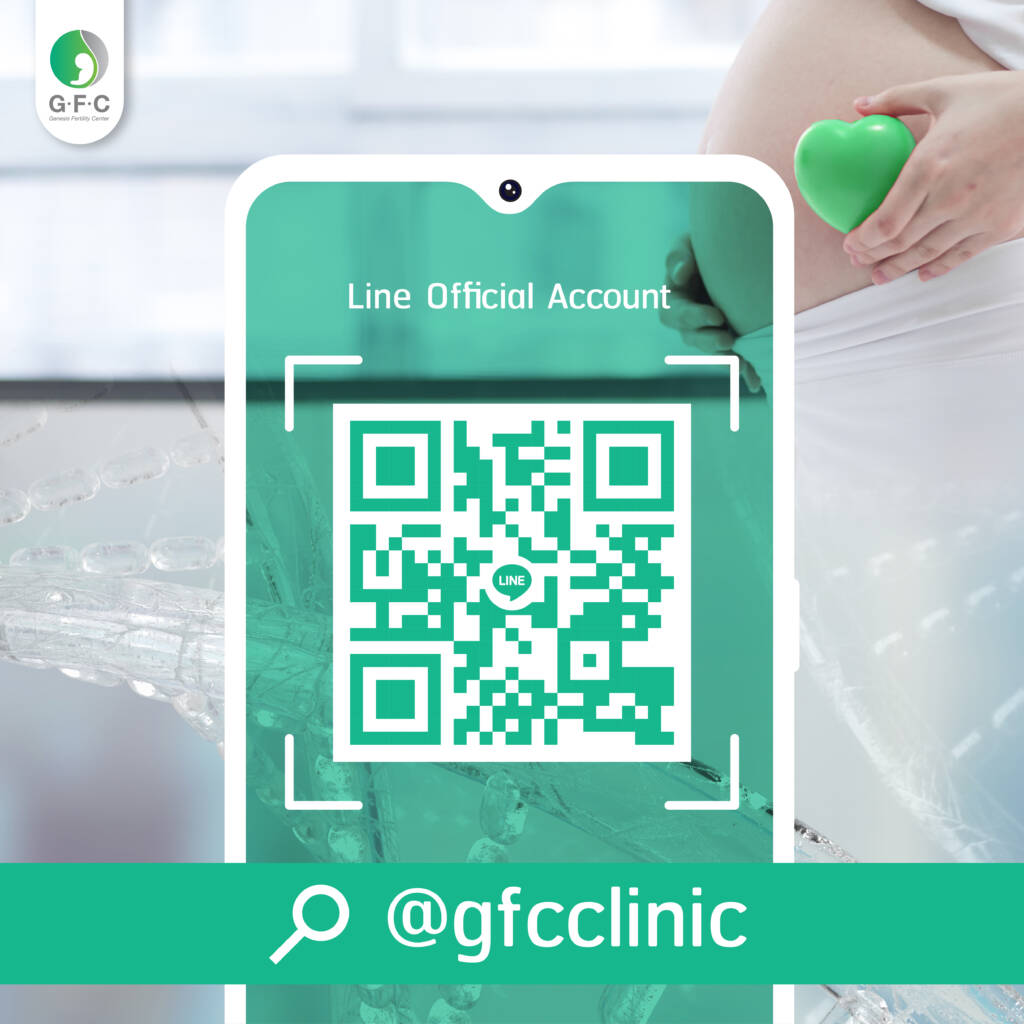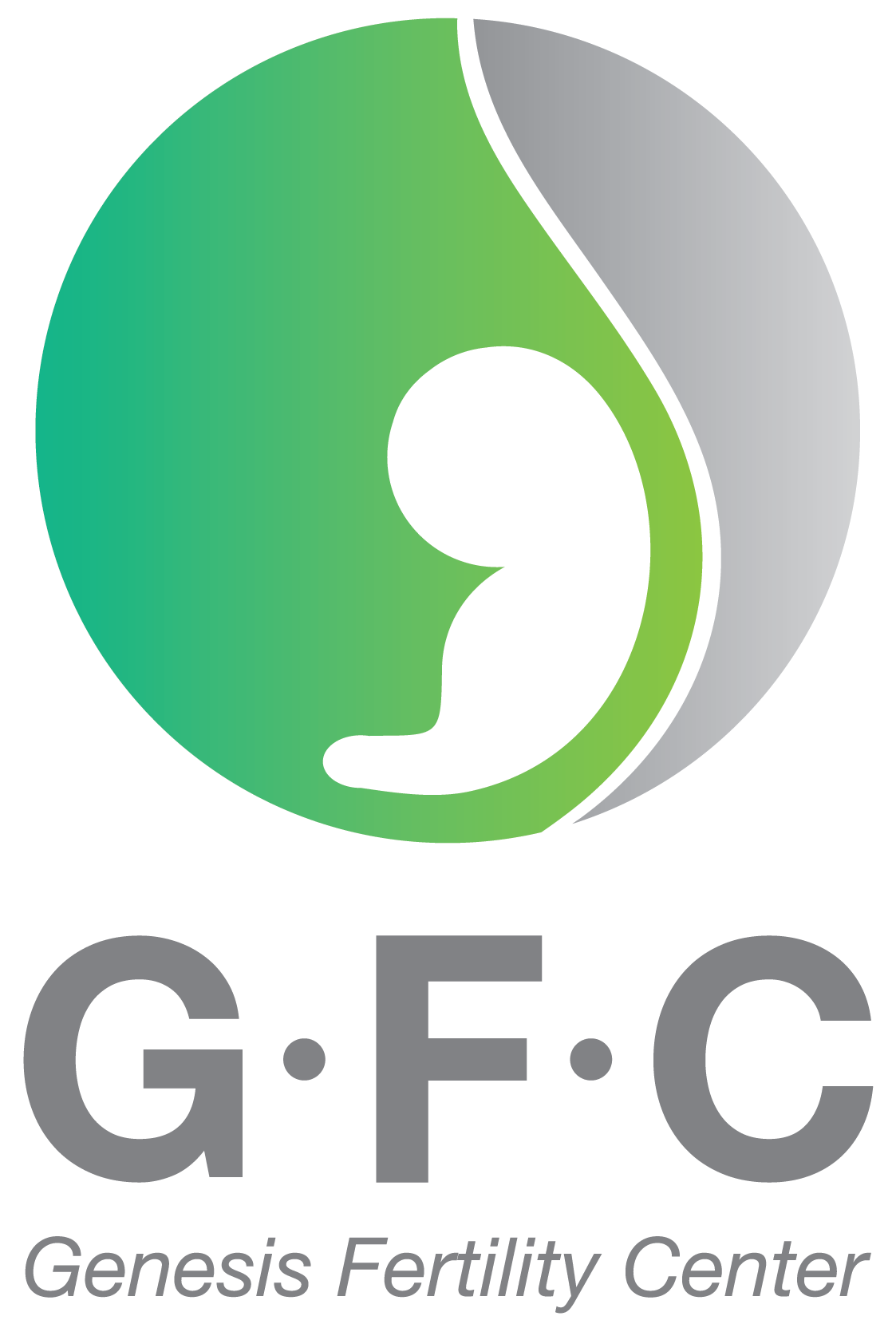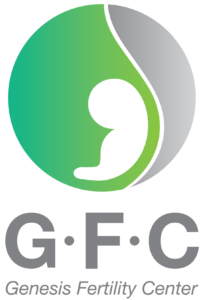A medical clinic that offers services to individuals facing infertility.
| Genesis Fertility Center (GFC) is a medical clinic that offers services to individuals facing infertility, providing solutions and recommendations for those who desire to have children through consultation and suitable treatment options such as In Vitro Fertilization (IVF)/Intracytoplasmic Sperm Injection (ICSI) or “test tube babies,” with a team of specialized medical professionals and scientists in obstetrics and gynecology. Additionally, we provide services including egg freezing, pre-implantation genetic testing, and pre-marital health check-ups. |

FAQ
What is ICSI?
Intracytoplasmic Sperm Injection (ICSI) is a new advanced medical technology that is an extension of In Vitro Fertilization (IVF) and is an extra-corporeal technique, also known as “test tube babies,” which has been developed to address the problems of infertility that cannot be treated by conventional IVF techniques, such as thick eggshells, weak sperm motility, and more.
Who is suitable for ICSI?
ICSI is suitable for individuals who have difficulty conceiving even after trying other methods such as Intrauterine Insemination (IUI) for several years. It is also suitable for couples who are over 35 years old, infertile men or those with low sperm count or poor sperm motility, women with uterine problems, fallopian tube ligation, blocked fallopian tubes, and older individuals with health issues such as Polycystic Ovary Syndrome (PCOS).
What are the chances of success with ICSI?
ICSI involves stimulating the ovaries to produce multiple eggs in one cycle and then collecting those eggs to fertilize them with sperm. The resulting embryos are then cultured, and the best quality ones are selected for transfer into the woman’s uterus.
The success rate of ICSI varies widely depending on factors such as the age of the female partner, the quality of the sperm, and any related medical conditions such as endometriosis, uterine fibroids, and ovulatory dysfunction. Other factors that affect the success rate include the number and quality of eggs retrieved, the thickness and shape of the uterine lining, embryo quality, and the extent to which the embryos are screened for chromosomal abnormalities.
Therefore, the chance of success with ICSI can range from 0–70%.
What is the age at which women can undergo ICSI?
Women of reproductive age or those who still menstruate are considered able to undergo ICSI, as their bodies can produce eggs for fertilization with sperm. However, the success rate largely depends on age, as the quality and quantity of eggs decrease with age. Generally, women who are over 45 years old have a much lower chance of success with ICSI.

